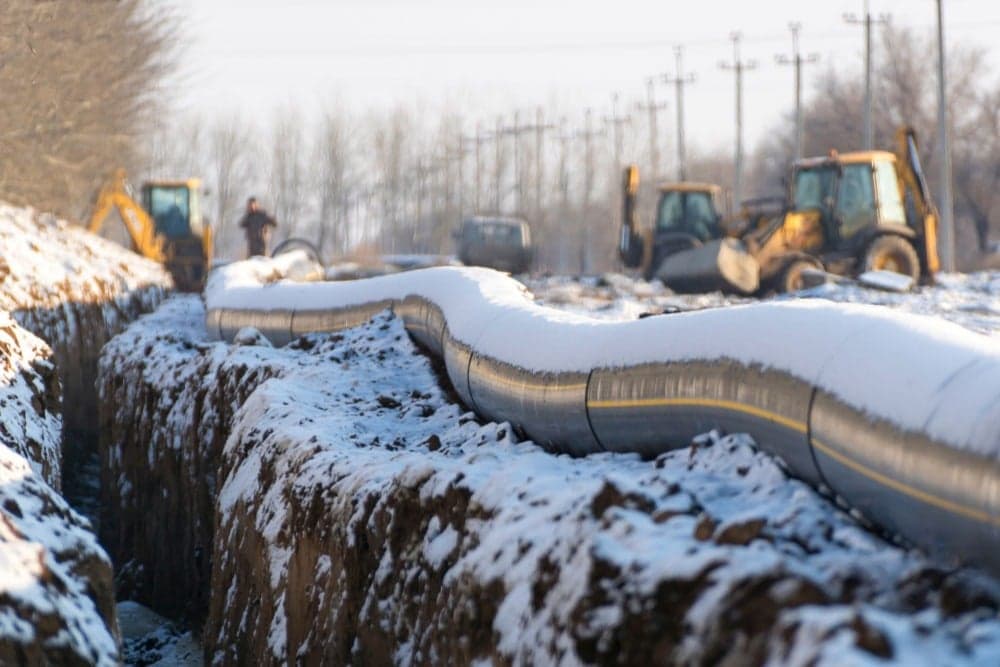The Supreme Court of Canada has unanimously rejected British Columbia’s move to regular what can flow through the expanded Trans Mountain pipeline following all-day hearings on Thursday.
The British Columbia government wanted required provincial permits before heavy oil could be transported through the pipeline, arguing that they have jurisdiction to protect the environment. The province claimed that in the event of a potential spill, they would be the ones most impacted.
The federal government countered, claiming that giving B.C. this power would essentially grant the province a veto over future cross-province projects.
While British Columbia Premier John Horgan expressed disappointment, Canada’s Natural Resources Minister Seamus O’Regan was pleased with the ruling.
“It is a core responsibility of the federal government to help get Canada’s resources to market and support good, middle-class jobs,” O’Regan stated.
Alberta Premier Jason Kenney took to Twitter immediately to express his gratitude with the Supreme Court’s decision, stating that Alberta “[was] very pleased with this outcome and look[s] forward to construction continuing on the Trans Mountain Pipeline.”
The decision has removed one of the final remaining obstacles for the Trans Mountain pipeline expansion, which aims to twin an existing pipeline running between Edmonton and Burnaby. The expansion is necessary for transporting more Canadian oil into foreing markets and reducing Canada’s reliance on the United States for oil export.
The federal government purchased the existing pipeline in May 2018 for $4.5 billion after Kinder Morgan announced plans to halt construction. They plan to sell the pipeline back to the private sector upon completion.

